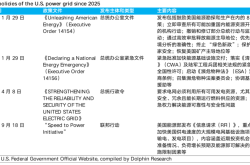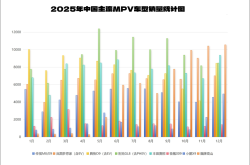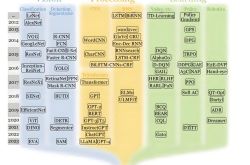Geely + Lenovo, creating a model force for smart manufacturing upgrades
![]() 11/26 2024
11/26 2024
![]() 632
632

Produced by | Bullet Finance
Art Director | Qianqian
Reviewed by | Songwen
Nestled along the banks of South Taihu Lake, the birthplace of the "Lucid Waters and Lush Mountains" philosophy, lies Huzhou, a low-key pilot city for "green manufacturing." Less than 11 kilometers from the city center of Huzhou, in Changxing County, lies the Geely Supercomputing Center.
Looking at the global automotive industry, no other market has flourished and remained as vibrant as China's. In the new era of new energy vehicles, the Chinese market is rapidly reshaping its industrial chain, leveraging intelligence to achieve a rare overtaking maneuver in the automotive industry.
However, the second half of the intelligentization journey has just begun for automakers. Computing power, data, and security are all crucial for the development and operation of intelligent scenarios.
Geely Automobile's forward-thinking approach is to build its own intelligent computing center. Using the system as a platform, data as a resource, and computing power to drive AI models to process data. The intelligent computing center acts as the "super brain" of an automaker, providing efficient processing and feedback by grasping various information in real-time.
In 2021, supercomputing centers were not a necessity for automakers in the industry. After thorough market research and technical evaluation, Geely chose Lenovo as its key partner. Relying on Lenovo's complete solution, Geely's Xingrui Intelligent Computing Center became the first "cloud-data-intelligence" integrated supercloud computing platform for global automakers.

(Image / Lenovo Official)
Undoubtedly, intelligence has become a new high ground for automakers. Technologies such as large models, data, and artificial intelligence provide high-precision and high-standard experiences while also testing automakers' computing power and processing capabilities. This poses a challenge for automakers and an opportunity for Lenovo as a leading AI technology provider.
The needs of industrial development and the trend of intelligence have prompted partners in the industry chain to cooperate and win together. Through ecological synergy, Lenovo is working with the Heterogeneous Intelligent Computing Industry Ecosystem Alliance and more industry research institutions to help automakers upgrade their smart manufacturing in the new era.
1. 84 days, professionalism shapes speed
What defines the value of a professional team?
Lenovo's answer is 84 days. From the end of project bidding to the completion of center construction, and from data center upgrades to the smooth entry and commissioning of all equipment, Lenovo's entire renovation process took only 84 days.
Whether it is the intelligent computing center project itself or Geely Automobile's high standards for data compliance and security, Lenovo adhered to the highest requirements and execution standards in building Geely's Xingrui Intelligent Computing Center.
Addressing data compliance requirements in areas such as intelligent driving in the automotive industry, Lenovo established physically isolated intelligent driving area server rooms and implemented the strictest data encryption and protection measures to ensure the security and compliance of Geely's data.
Regular general server rooms mainly handle research and development tasks for cockpits, artificial intelligence, big data, and mass production businesses, and their scale will continue to expand with business expansion. Additionally, Geely has an edge server room in Hangzhou Bay, Ningbo, to support rapid response and data processing for local edge businesses.
Through a visualized large screen, the operation and maintenance status and changes within the intelligent computing center are clearly visible, and feedback and resolution of issues become efficient and smooth.
Facing the heat dissipation challenge of high-performance computing clusters, Lenovo's Poseidon warm water cooling solution played a crucial role. With powerful computing power and efficient heat dissipation technology, Lenovo's technical solution effectively addressed the heat dissipation issue of high-heat components, significantly improving platform stability and reliability. It also reduced Geely's intelligent computing center's PUE (Power Usage Effectiveness) to 1.14, providing a solid foundation for fully utilizing computing performance.
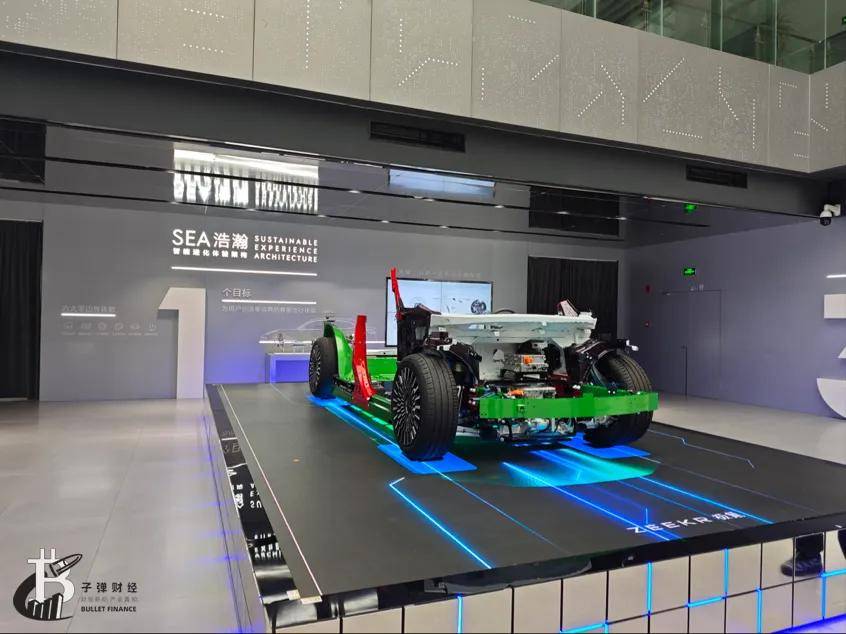
Relying on the powerful computing power of Lenovo's intelligent computing center for Geely, Geely Automobile significantly enhanced the performance, comfort, and safety of its intelligent driving system through deep application of large model technology. It also paved a new path for the intelligent transformation of the automotive industry, setting an industry benchmark. Furthermore, Geely actively applies artificial intelligence and big data technology in user care, fault warning, quality monitoring, and other scenarios to provide users with more attentive and efficient services.
Geely stated that through cooperation with Lenovo, Geely Automobile has developed a new generation of high-performance intelligent computing platforms, enabling the development of more cutting-edge technologies with minimal energy consumption. Lenovo's platform support is helping Geely manufacture comfortable and safe vehicles more efficiently.
2. Meeting diverse needs
In fact, Geely's decision to build an intelligent computing center was not impulsive but based on a comprehensive layout and thinking about the intelligent industry.
In the AI era, the integration of data and intelligence and computing power innovation have become new engines for the intelligent development of automakers. Building an intelligent computing center and establishing a robust AI computing foundation were Geely's initial and core requirements.
Smart cars are continuously evolving products, and the process of data analysis and user needs satisfaction constantly requires automakers to possess powerful computing processing and OTA capabilities. This means that the intelligent computing capabilities Geely needs must not only support the infrastructure operation of the intelligent computing center but also accommodate future data development and long-term needs of simulation platforms.
Data shows that the automotive industry has a huge demand for computing power in areas such as fluid dynamics, exterior design, and crash testing. Currently, these tasks mainly rely on CPUs, so Geely Automobile has a substantial demand for HPC (High-Performance Computing).
More importantly, only through extensive data testing can a car recognize various environments and make decisions. Billions of virtual tests require not only massive computing power but also test the development speed of intelligent driving models.
In recent years, Lenovo Group has made significant progress in high-performance computing, maintaining excellent results in the global HPC Top500 for 13 consecutive years and possessing rich experience in HPC and intelligent computing construction.
Lenovo's intelligent computing solution integrates cutting-edge technologies such as GPUs (Graphics Processing Units), HPC, Intel's latest generation (fifth-generation) scalable CPUs, and Lenovo's self-developed Poseidon warm water cooling technology, providing Geely Automobile with the most advanced high-performance computing services at that time.
Based on these advanced technologies and the Early Ship approach, both parties jointly built a large-scale intelligent computing center based on Intel's fifth-generation scalable CPUs. The center includes over 620 computing nodes equipped with a total of 40,000 CPU cores, serving critical areas such as automotive exterior fluid dynamics simulation and crash testing.
Thanks to the exceptional performance of Intel's fifth-generation CPUs and Lenovo's deep technical expertise in high-performance computing, Geely's Xingrui Intelligent Computing Center, after careful optimization and testing, demonstrated astonishing computing power with a double-precision floating-point computing capability of up to 3.54 PFlops (3.54 quadrillion operations per second) and an overall efficiency of 87.19%.
In the past, due to insufficient computing power, engineers often had to wait 20 hours in the queue before starting a new job's calculations. Faced with the rapid changes in the automotive industry, this speed of computing clusters was intolerable for R&D departments.
Nowadays, the powerful computing power of the intelligent simulation platform significantly boosts engineers' efficiency and reduces queuing time. The platform's computing power enables each vehicle to undergo over 12,000 full-scenario virtual crash tests and over 720,000 kilometers of virtual road endurance tests, improving R&D simulation computing efficiency by 30%.
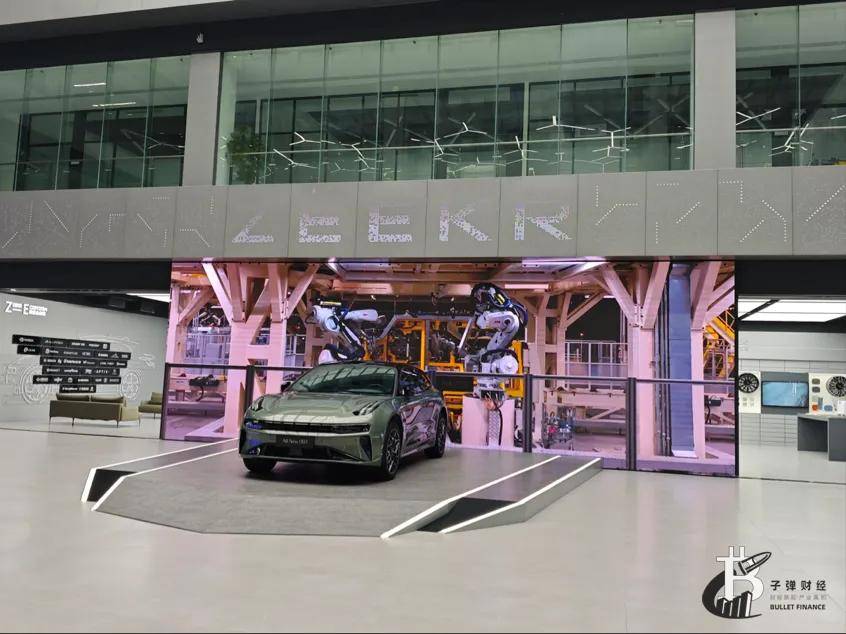
It is reported that after the establishment of the Xingrui Intelligent Computing Center, Geely's intelligent driving model training speed increased by over 200 times, allowing the development and training of 1,000 intelligent driving models in just 8 hours. A single test data calculation can be completed in as little as one second, improving single-round test efficiency by 600 times.
3. Point-to-area expansion, consolidating the industrial ecosystem
Technology is subtly changing the external perception of industries.
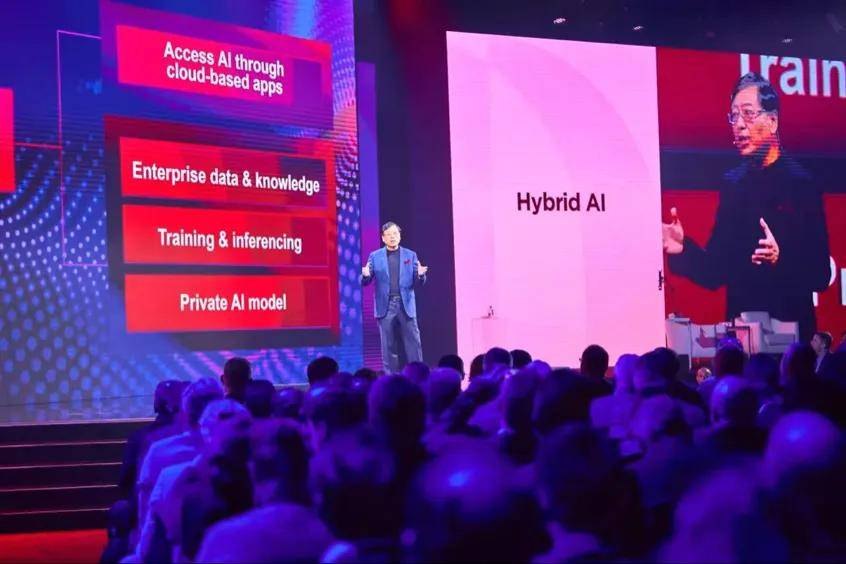
(Image / Lenovo Official)
At the Lenovo Tech World 2024, Lenovo "unsheathed its sword" in the AI field, successively unveiling new products and technologies such as PC personal AI agents, NVIDIA's new Blackwell liquid-cooled servers, and a series of AI servers.
In Lenovo's AI agents, AI can assist individuals and enterprises in handling various tasks, truly realizing the value of AI.
As Yang Yuanqing, Chairman and CEO of Lenovo Group, said, Lenovo believes that AI is practical and not just a fleeting trend or a doomed bubble. From terminals, infrastructure, solutions to services, Lenovo has been investing in AI innovation.
The creativity and productivity unleashed by AI are surpassing the imagination of all sectors.
Worth mentioning is that at this conference, based on the development of its private AI large model, Lenovo, in collaboration with NVIDIA, launched a Lenovo Hybrid AI Advantage Set, deploying an end-to-end AI platform to accelerate the implementation and transformation of corporate AI achievements, starting with AI servers, storage, and public and private clouds.
Meanwhile, as generative AI applications become more practical, the "large model + computing power + big data" model has become the basic paradigm of the new generation of AI. How to transition from a variety of approaches to true practicality and inject new vitality into the industry is the core direction of Lenovo's layout.
Therefore, in Yang Yuanqing's view, increasing productivity and efficiency are not the sole purposes of corporate AI; enhancing sustainability is also crucial for driving innovation.
Lenovo's sixth-generation Neptune liquid cooling solution and the latest server product, ThinkSystem SC777 V4 Neptune, jointly released with NVIDIA, significantly reduce energy consumption, achieve sustainability, and contribute to cost reduction and efficiency enhancement in computing power.
This conference was more like Lenovo Group's show of strength in the AI era: from individuals to enterprises and then to hybrid AI. Leveraging its past leadership in manufacturing, Lenovo is integrating upstream and downstream resources in the industrial chain to achieve victory in this AI arms race.
Indeed, as Yang Yuanqing hoped, the entire industry is committed to leveraging AI to provide a high-quality development path for all parties in the industrial chain.
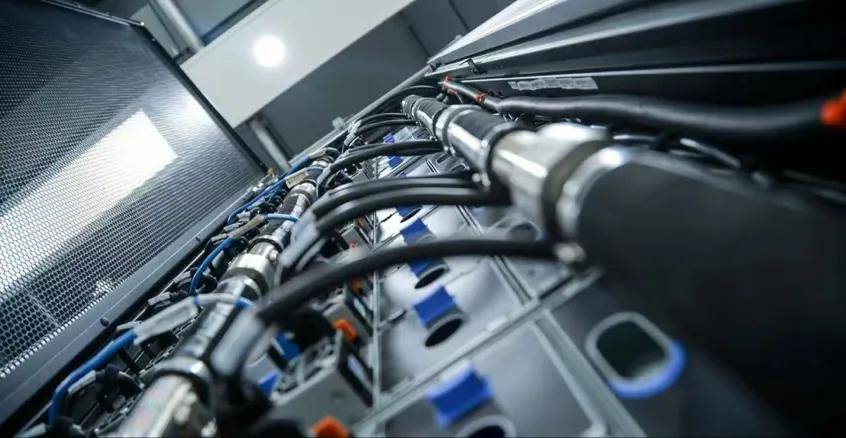
(Image / Lenovo Official)
However, it is undeniable that the AI industry chain is long and has a high technical threshold. To truly implement AI technology, joint innovation and cooperation across the industry are essential.
An Jing, Secretary-General of the China Intelligent Computing Industry Alliance and the Heterogeneous Intelligent Computing Industry Ecosystem Alliance, also stated that the industry needs to cooperate and win together to jointly promote industry development. She hopes that high-quality technologies and talents will be gathered to jointly drive the high-quality development of the entire intelligent computing industry.
To provide Chinese users in the computing power selection phase with rich one-stop solutions to support diverse AI application scenarios, in April this year, under Lenovo Group's strong promotion and influence, Lenovo and the China Intelligent Computing Industry Alliance jointly initiated the establishment of the Heterogeneous Intelligent Computing Industry Alliance. As a leading AI technology infrastructure provider, Lenovo continues to support the innovation and development of China's intelligent computing industry, relying on its "one horizontal and five vertical" strategic objectives.
The cooperation between Geely and Lenovo is playing a role as a model, unleashing the advantages of industrial cooperation in promoting intelligent computing development under heterogeneous intelligent computing. Their deep cooperation further promotes the innovative application of advanced technologies such as large AI models in the automotive field and injects new vitality into industry development.
Today, Geely is reaping the fruits of its intelligent computing center. Under the principle of cooperation and win-win outcomes, Geely and Lenovo will continue to explore cutting-edge technologies such as heterogeneous computing and heterogeneous intelligent computing, jointly exploring in-depth AI application scenarios in the automotive industry and accelerating towards a high-quality intelligent future.
*The featured image in the article is from ShotPic and based on the VRF agreement.


